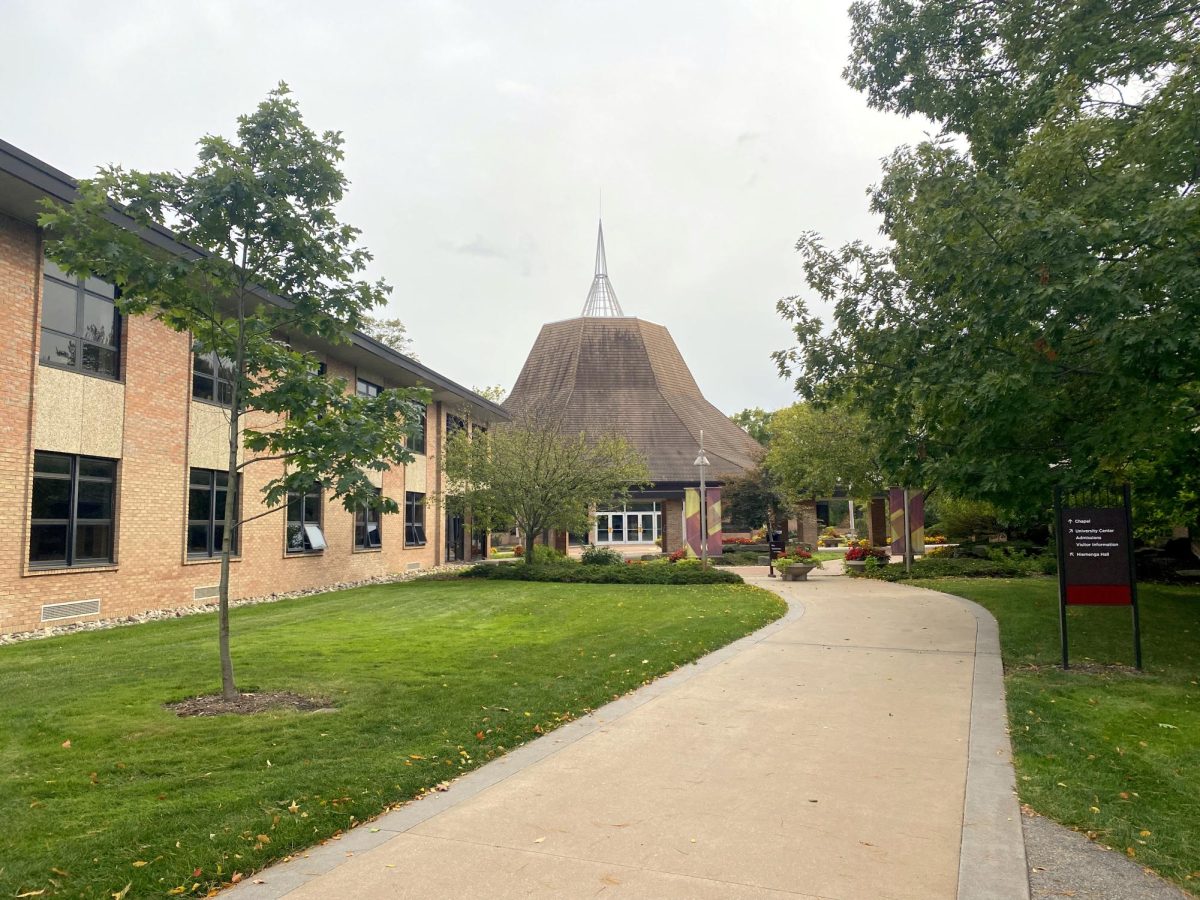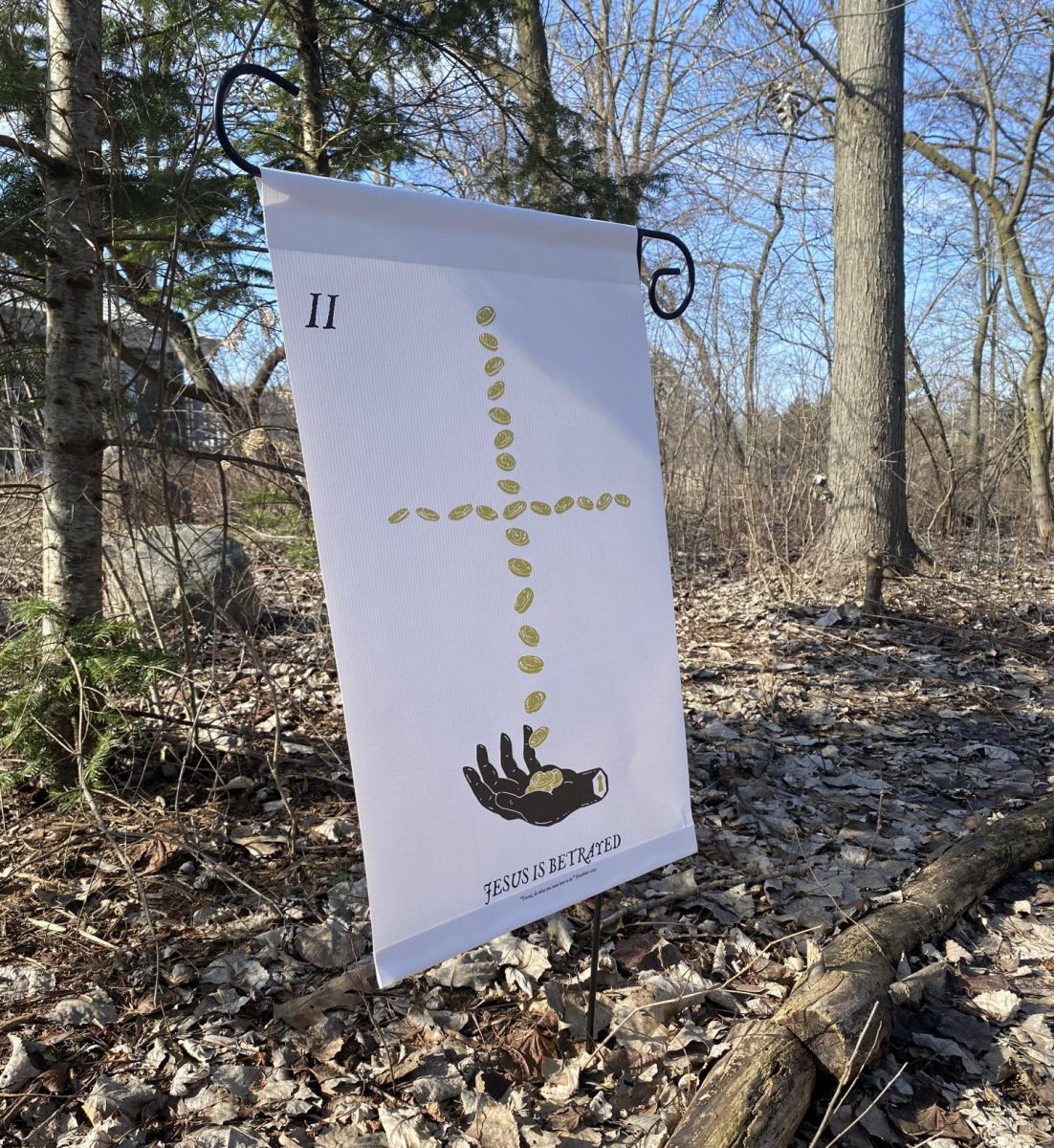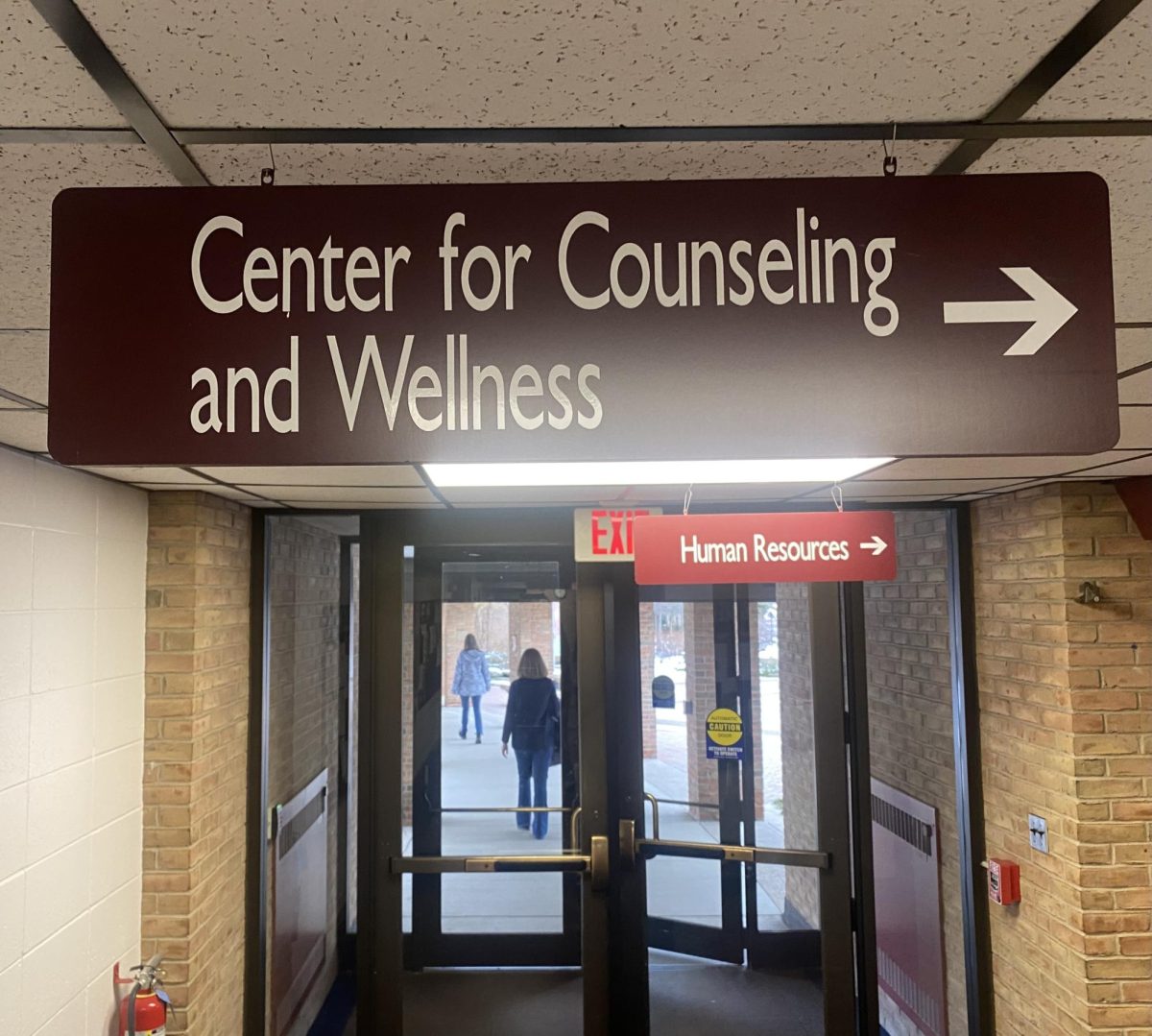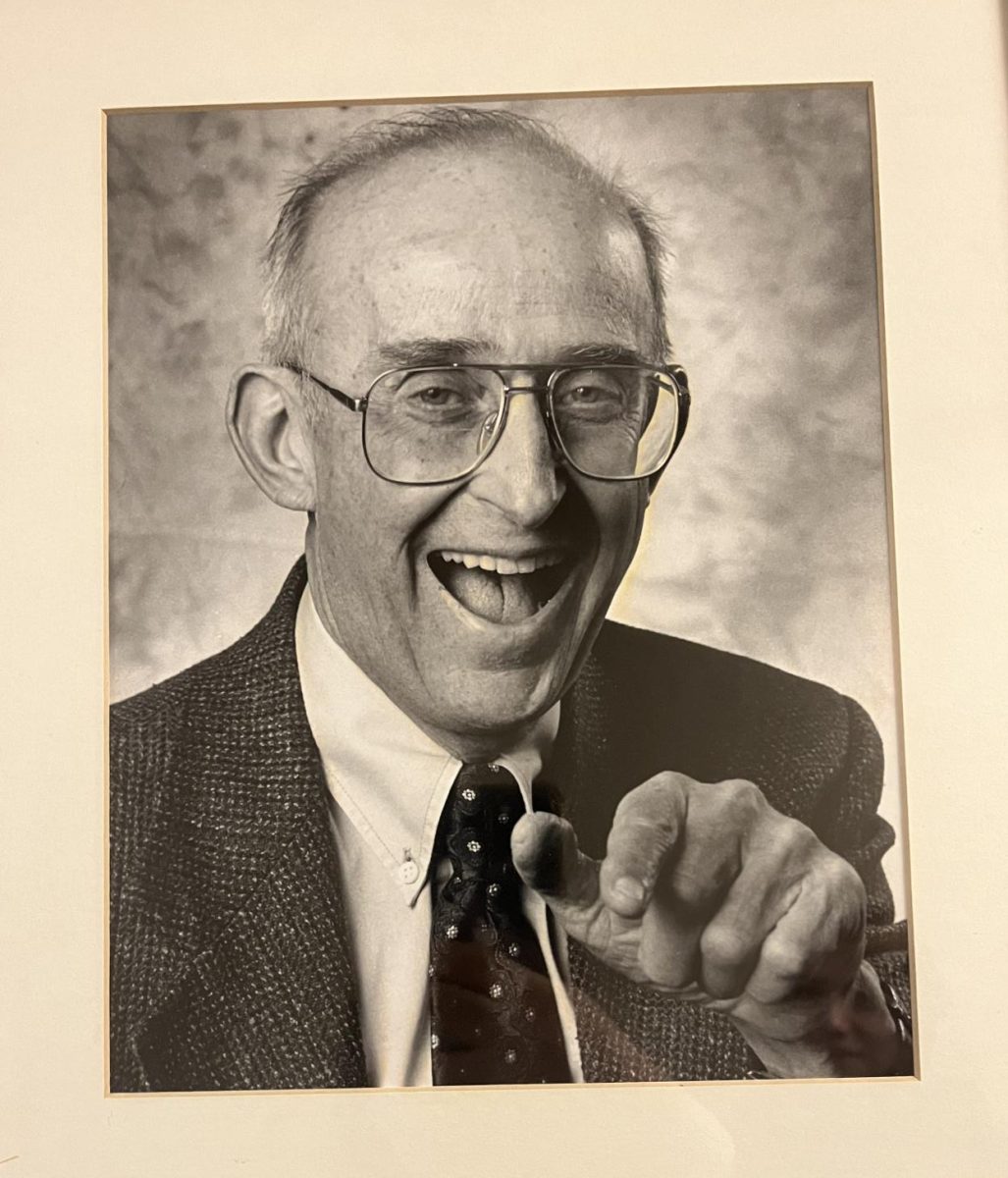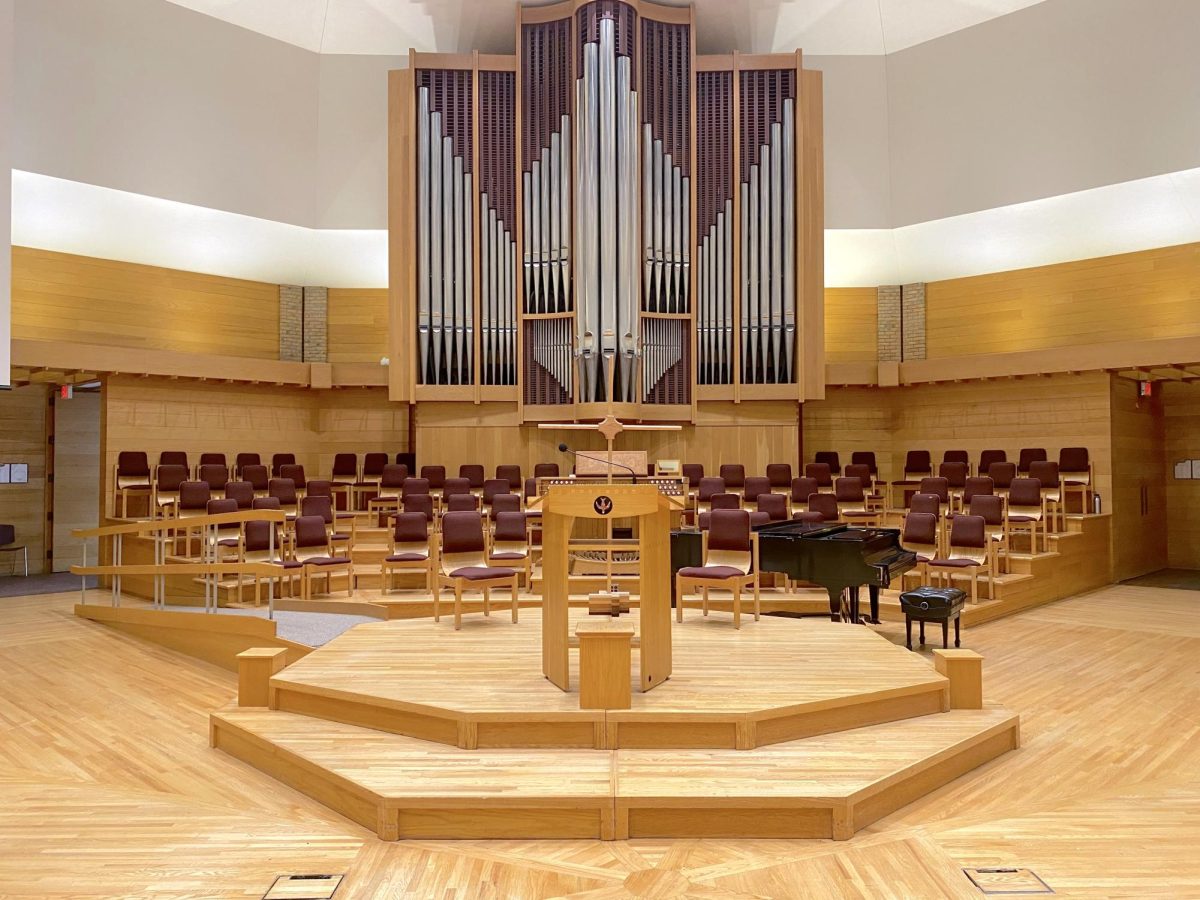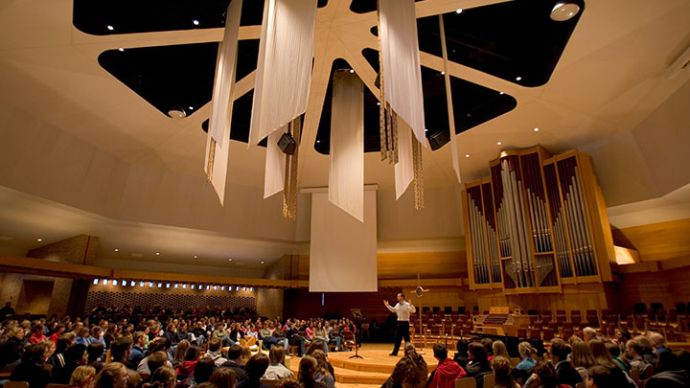A string of bombings last week in the war-torn city of Peshawar, Pakistan, hit close to home for Calvin students with strong ties to the country. The attacks killed 150 people, 85 of whom were killed in a church bombing.
“This could be devastating,” senior Nate Brees thought as he read a text about the news of the first bombing.
Brees attended high school near Islamabad, Pakistan, a city about 190 miles east of Peshawar. He explained that Peshawar has been a dangerous area, and he said it is only getting worse.
Yet he and senior Anita Sherbeck, who attended the same high school, said the western image of the country as a whole is often skewed by constant reports of isolated violence.
“We only see a small part,” Sherbeck said. “There is a normal [aside from the violence.]”
The Sept. 22 attack spurred the first big headlines when two suicide bombers killed 85 Christians leaving a church in Peshawar. Since then there have been two more bombings in the city, the most recent a car bomb on Sunday that killed 38 people.
Brees said the attack on Sept. 22 clearly targeted Christians, a group that comprises 2 percent of Pakistan’s overwhelmingly Muslim population. All three attacks were isolated to the city of Peshawar.
“Peshawar is almost in ruins,” Brees said. “Missionaries have moved out and schools are losing enrollment.”
Brees said this exodus results from Peshawar’s history of violence against minority groups, Christians being a primary target. He said Christians are neither respected nor valued in Peshawar and throughout much of Pakistan.
“Christians are the lowest class,” Brees said. “They sweep the streets and clean the toilets.”
Sherbeck could empathize with those involved in the attacks. In 2002, her family was in a church bombing in Islamabad that killed five and injured 40. Both her parents were injured. She explained that because Peshwar is much smaller than Islamabad, the three attacks will devastate the whole city.
The two bombings (Friday and Sunday) that followed the initial blast on Sept. 22 did not directly target Christians, Brees said.
“The string of violence [excluding the church bombing] simply represents the war-torn climate of Peshawar,” Brees said.
Brees spoke about the need for a response from Calvin students. He appreciated a text he received from a friend after the Sept. 22 attack. He said students don’t need to know all the details, but they should express concern.
“It’s OK to have students not knowing what happened and not claiming to know all the details, but just to be open and caring,” Brees said.
Despite the news of unrest and attacks in Peshawar, Brees and Sherbeck want to remind students of the beauty in the country.
“Most people have equated [Pakistan] with violence,” Sherbeck said, “but I define it by people and beauty and hospitality. We see only a small part.”
Brees said we don’t usually hear Pakistan’s whole story. He said even Peshawar, though torn apart by violence, has positive elements.
“[Peshawar] used to be a crossroads of the surrounding nations,” Brees said. “And it still is in some ways. Guests are a priority. Residents may want people to know that the recent attack doesn’t represent [all of] Peshawar.”
Reflecting on positives beyond just Peshawar, senior Joe Nathaniel discussed his perspective on Pakistan. Nathaniel was born in Abu Dhabi and spent nine years in India, which shares its northwestern border with Pakistan. He said the attacks in Peshawar certainly do not reflect the entire climate of Pakistan.
“We see the tainted picture that the world gets,” Nathaniel said. “A small radical minority [in Peshawar] gives the wrong view of the entire nation.”
Nathaniel said he always enjoyed the friendly banter exchanged between cricket fans in India and Pakistan. He said these are small amusements rarely mentioned in western media.
“We don’t hear much about the quiet and peaceful people in Pakistan,” Nathaniel said.
Sherbeck smiled as she reflected on her fondest memories of her time in Pakistan: “The smiling people,” she said, “the delicious food, the roaming animals — a herd of water buffalo wandering in front of your car.”
There is no denying that parts of Pakistan, like Peshawar, are in a desperate condition. Freshman Peter Jung, who lived in Pakistan for 11 years, said that Pakistan might resemble a “dead” country.
But Jung asked Calvin students not to limit their perceptions of Pakistan to the desperate places, but rather see the country as an avenue for God’s grace.
“Pakistan is not just a place where there was a bombing and ‘this amount of people died, this amount were injured,’” Jung said. “[Pakistan is a place where] God will let his grace flow out like a river and fill Pakistan with His glory.”
Both Sherbeck and Brees called Calvin students to respond with prayer to Jung’s wish.
“Pray for Christian leaders to rise up,” Brees said, “voices that can speak grace.”
Brees said that even the Christians in Pakistan often fail to extend grace. He said that almost nobody in Pakistan forgives. They often repay wrongs with wrongs, he said.
“[Grace is] easy to say,” Brees said, “but when you’re the one in that church either hurt or killed, grace gets real.”
Sherbeck has a deep longing for beauty and grace to be rediscovered across Pakistan. She hopes that the violence in parts of Pakistan might cause a revival.
“It’s breaking,” Sherbeck said. “It’s shaking up, literally. Maybe it’s on the edge of something big.”
She said Pakistanis are looking for alternatives to the Islamic regime and to the violence. Christians are protesting in reaction to the events, and she hopes for the best.
“Maybe this can empower the Christian community,” Sherbeck said.
Sherbeck again reflected on the country beyond Peshawar and beyond the localized violence that mars its snow-capped mountains, lush meadows and friendly people.
“Pakistan is a place of beauty,” she said, “and that’s what makes this all so sad.”




